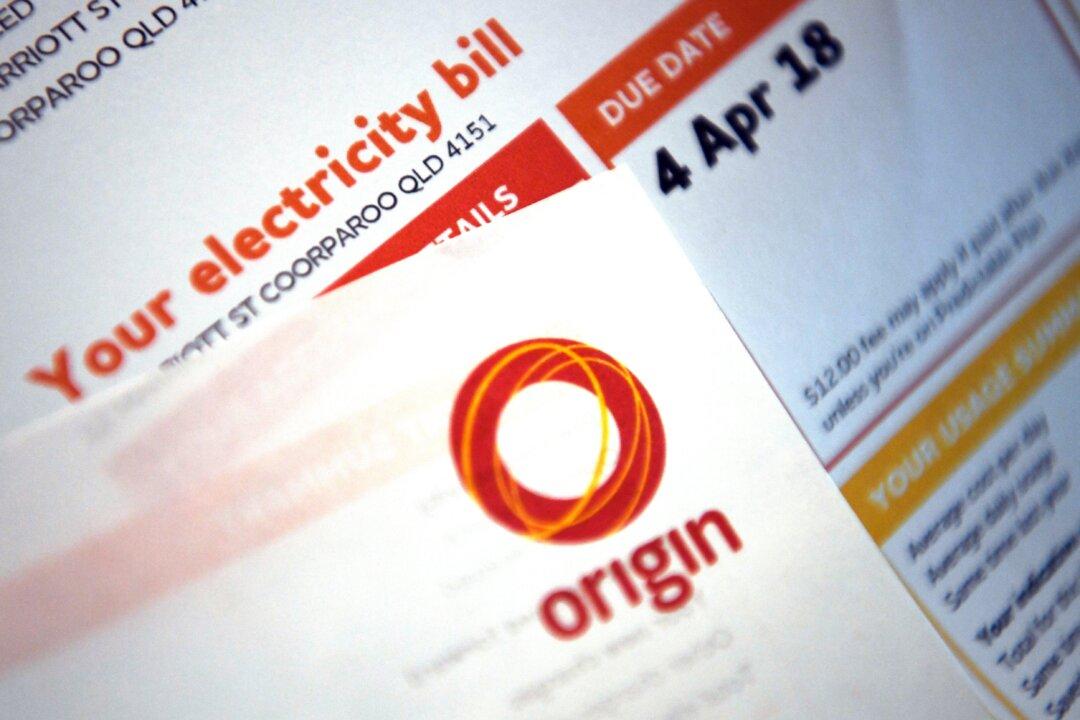As millions of Australians have been hit with electricity price surges since July, the Australian Competition and Consumer Commission (ACCC) has raised concerns that electricity bills are too high.
In May, the Australian Energy Regulator released the new default market offer, which caps the maximum rate energy retailers can charge residential and small business customers in three regions that are part of the National Electricity Market (NEM): New South Wales, South Australia and Southeast Queensland.





